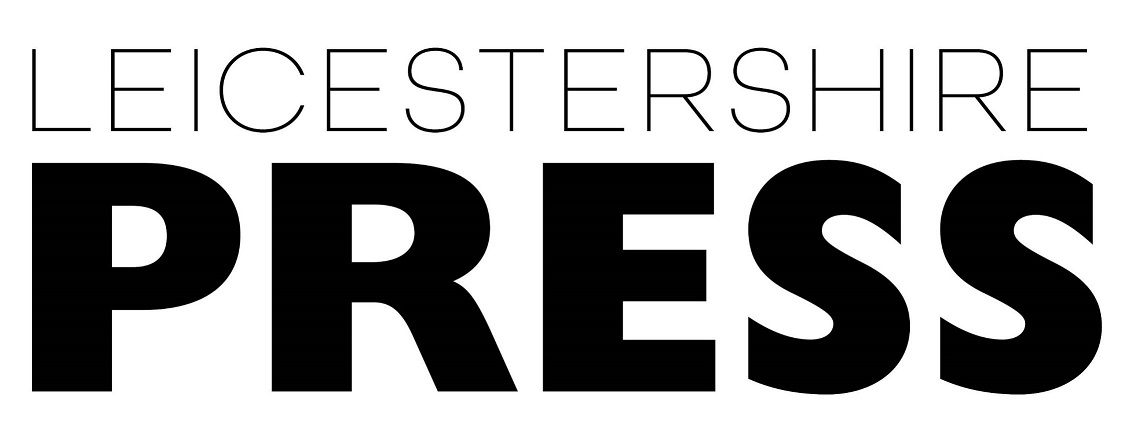A girl and her weight. A struggle many young teens must come to terms with but, for Charlotte Hugo, it was a battle that nearly killed her. She explains her fight against Anorexia to feature writer Samantha Johnston.
Charlotte Hugo always hated hospitals, and this visit was no different. Sat beside her dying grandad, clenching his tired hand, tears streaming down her face, he turned to her and said something she would never forget. “You are beautiful always, but I need you to eat. I’m begging you.”
Charlotte, now 21, was 11 years old. She lived in a town just south of Lincoln with her parents and older brother. She went to school and was happy and active, even competing in Riverdance competitions. She loved to dance.
All that ended the day she collapsed.
Being rushed into Queens Medical Centre, Nottingham, Charlotte had never been more scared. It was juvenile arthritis and she needed to take steroids. Steroids that caused unwelcome weight gain.
“From dancing five times a week to not being able to move made me hate myself, especially the way I looked,” Charlotte says, running her hand over her stomach.
She made the decision to start going to the gym and dieting, a decision she didn’t realise would put her life at risk. “It became an obsession, I had to be skinny, I just had to be,” she says.
She began eating less, until eventually she would eat nothing at all, sometimes for days. It would make her sick. She would faint. She was losing weight. Rapidly.
“My mum and dad started to panic. They didn’t know what to do. I remember hearing my dad on the phone. He was crying, begging the doctor to help me. It was so sad,” Charlotte began to cry, “I wanted to tell them not to worry, but that’s their job I guess.”
“When I was 15, I hit my lowest point. I was in the shower and fainted after not eating for three days. I hit my head on the bathroom sink and was bleeding badly. I don’t remember much after that, but I woke up in the hospital,” Charlotte says. She was referred to start therapy after the doctor noticed how underweight she was.
“I hated it. My parents had to take time off work because I couldn’t be left alone, the man I had to speak to was annoying and I didn’t like the activities he made me do.” Charlotte was told to remove all the mirrors in her house and start writing a journal of things she liked about herself.
Every week, she would go to therapy and be weighed. Her weight was still decreasing. “It came to breaking point five weeks in when my therapist told my parents I was going to die,” Charlotte says. “I was dying, and it was my fault. I can’t eat even though I know I should.”
Charlotte’s father, Gary Hugo, drove her home from that appointment without saying a word. Once at home he became aggressive, throwing plates and glasses at the kitchen wall and screaming. He knew he couldn’t save his daughter. He felt helpless.
Charlotte noticed a change in her family after that day. They started taking control. “My mum had started meal plans and asking me what foods I would enjoy eating the most,” she says.
“My brother would sit with me at the dining table for hours until I had eaten enough. It was sweet how much effort they were putting in but it wasn’t helping. I had to change on my own.” Charlotte hadn’t spoken to her dad in a week. She couldn’t face him. A lot of Charlotte’s family had stopped talking to her. Her grandparents, her cousins. They were all afraid she would die and didn’t know what to say to her. “I got really lonely,” she says.
A visit to her see her grandad is what inspired Charlotte to recover. “He was dying. It was one of the last times I would get to see him, and he spent that time asking me to eat. I realised just how selfish I was being. I knew then that I had to get better because I wanted my life to go back to normal.”
Charlotte started eating again, small amounts, but it was a start. “It takes away your freedom, I was emotionless and numb for years and it tore my family apart.” She apologised to her family for the pain she had put them through and asked for help getting her calorie count up. They worked together and supervised her eating until she was a stable weight.
It took six years.
“Recovery was the most difficult thing I’ve ever had to do but it was worth it. I’m alive and at university studying a degree I love,” Charlotte said, “I’ve found an online community of girls all in recovery that I talk to which helps. I’ve made so many new friends and I’m happy. My grandad was right, I am beautiful, and now, I actually believe that.”
** If you or someone you know is struggling with an eating disorder, contact Beat at 0808 801 0677




